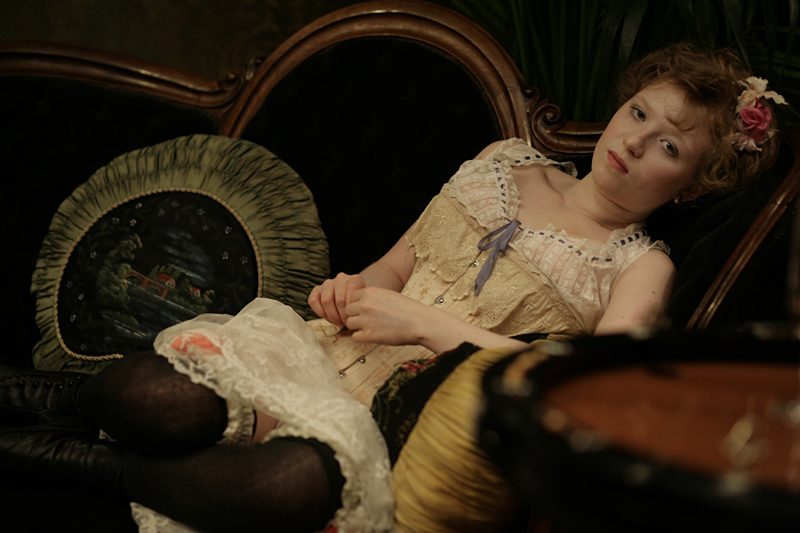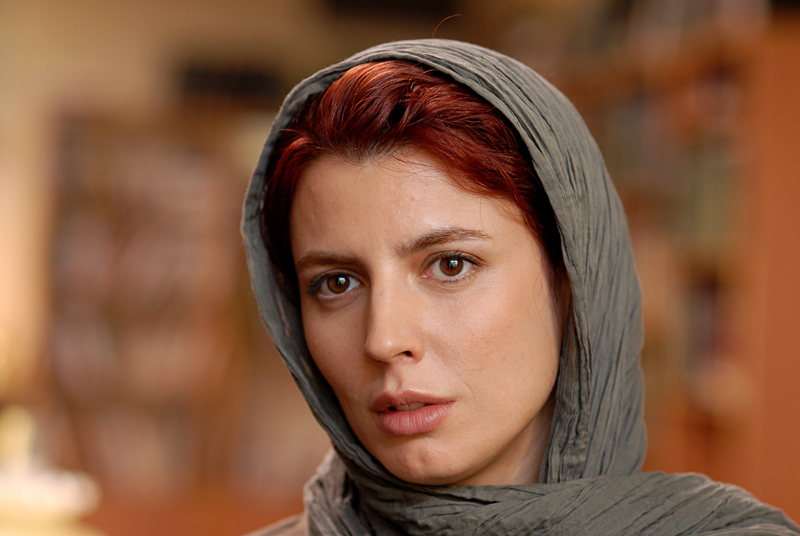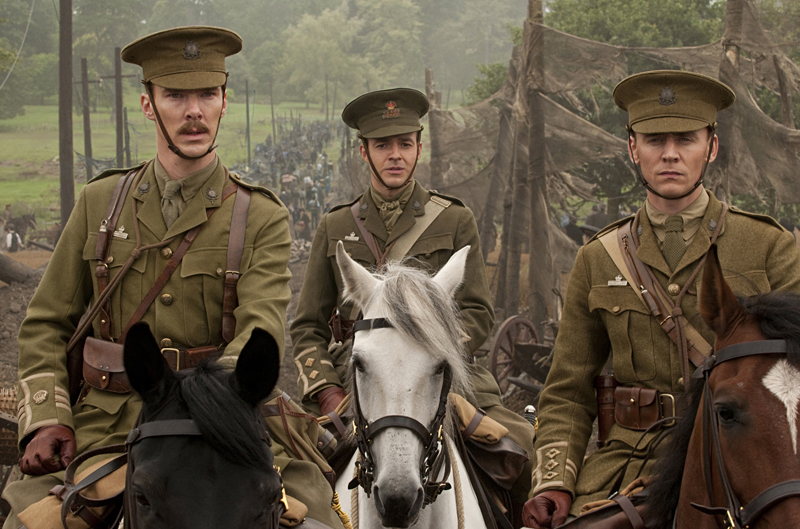As suggested by its title, Allen Ginsberg’s game-changing poem Howl is essentially performative—and so is Howl, the Sundance-opening quasi-biographical movie by Oscar-winning documentarians Rob Epstein and Jeffrey Friedman. Howl the movie—which, in addition to touching on Ginsberg’s early life (and successful coming-out), dramatizes the poem’s obscenity trial, the talk of San Francisco in late 1957—is broadly played by a number of name actors: David Strathairn (baffled prosecuting attorney), Jon Hamm (cool defense attorney), Bob Balaban (Solomonic judge), Jeff Daniels (laughable expert witness for the prosecution), Mary-Louise Parker (ditto), and Treat Williams (professorial defense witness Mark Schorer). Most compelling by far is James Franco as Ginsberg, successfully nailing the poet’s incantatory style, even while providing that voice with a movie star’s glamorous vessel. Splendid as Franco’s literal characterization and overheated line readings can be, art director Eric Drooker’s literal-minded animated interpretation of Howl (haunted vortex of lonely crowd alienation, “what now, little man?” monochromatic fascist madness) is as sodden as a cold latke—as well as a distraction. (I kept wondering how a neo-beatnik like R. Crumb would have illustrated Ginsberg’s epochal spritz.) Basically, Epstein and Friedman are feel-good filmmakers—their Ginsberg has one of the shortest, most successful bouts of psychotherapy in history. But is it really necessary to affirm the poem’s ecstatic footnote (“Holy! Holy! Holy!”) with a montage of smiling reaction shots?
Howl: James Franco Has a Man-Crush on Allen Ginsberg








